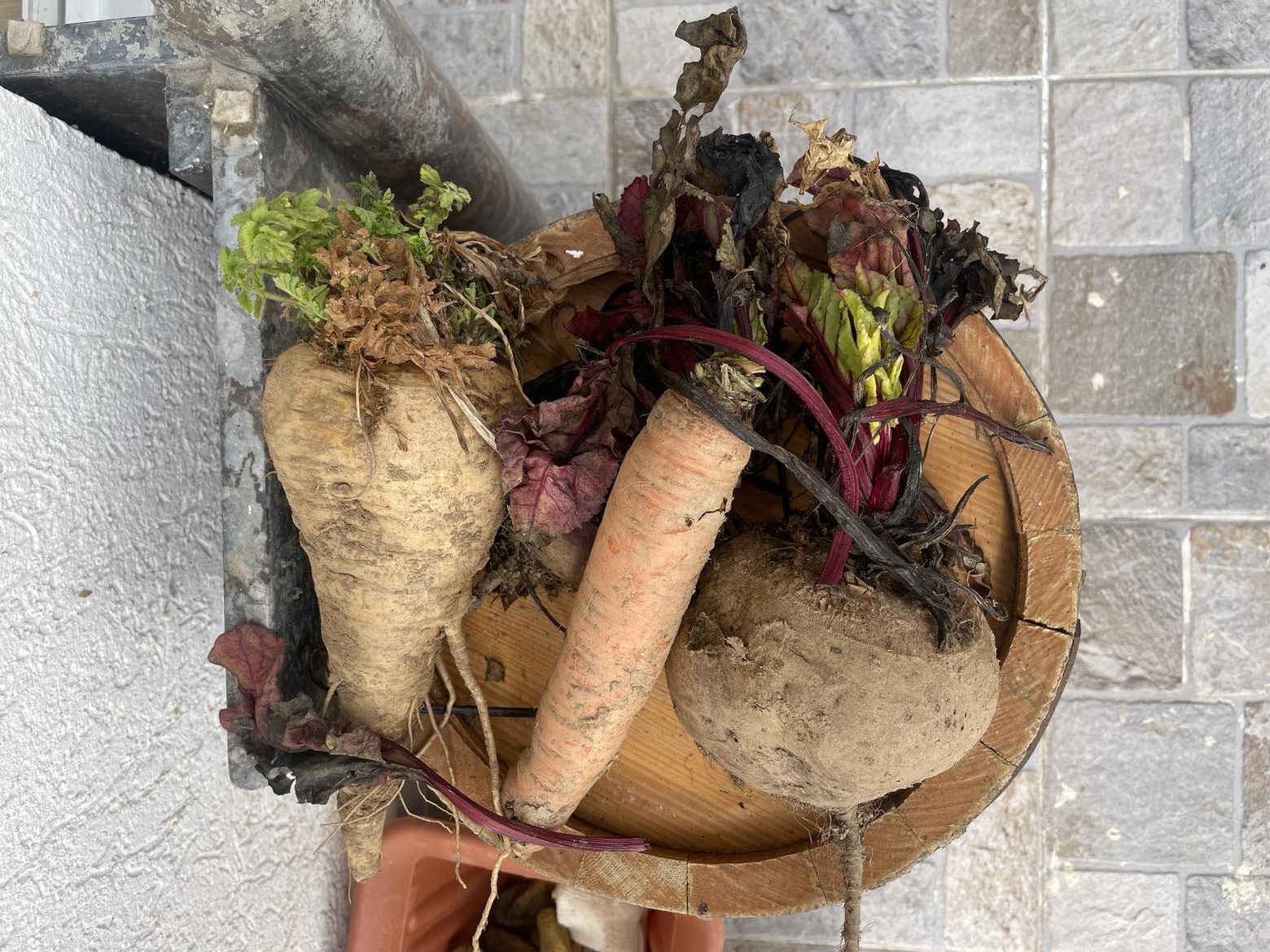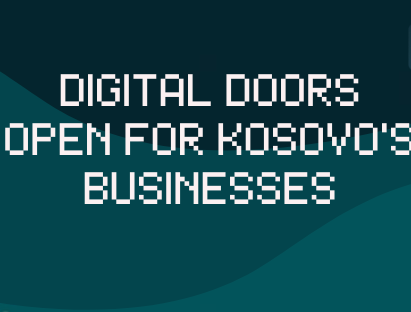Succes Stories

Improving the tourism offer in Kosovo through farm-to-fork promotion
As a vital component of rural tourism, the gastronomy offer in Kosovo is characterized by an inconsistency in quality in all the FEGO-selected destinations. The business model of rural tourism is distinguished by its offer of locally sourced products (food, beverages, artisanal) – which makes its offer more authentic and increases the sector’s economic impact on rural communities. However, one of the main problems identified during FEGO’s market assessment was that the linkage between local farmers/producers and tourism service providers (accommodation & restaurants) is either very limited or entirely nonexistent. This comes because of the underestimation of the value added in providing tourists with locally sourced food as well as the prioritization of logistically convenient solutions with regard to input supply, and the depopulation of rural areas which has contributed to a lack of human capacities in the production of primary products to meet the demand of food and beverage service providers. As such, the strengthening of the relationship along these value chain actors (i.e., service providers and local farmers) can lead to an overall improved and consolidated offer and increased generated income for local farmers in rural destinations. Through the promotion of the “farm-to-fork” model, the FEGO project aims to increase the awareness of service providers regarding the economic potential and value-added of offering locally sourced food. Moreover, it aims to offer know-how to accommodation and restaurant MSMEs, on the improvement/development of menus and presentation of food.
Alpa Bio Farm is a bio farm located in the village of Maqitevë in Suhareka. It is a family business whose main selling point is free-range eggs – a product that they now sell in tens of (super)markets in Kosovo. However, they also produce other fruits, and vegetables like potatoes, carrots, red turnips, lettuce, apples, celery, walnuts, and others. Additionally, they offer jams and other condiments made from the vegetables and fruits that they produce. In the last seven years, they have started preparing dishes out of these products and offering a food & beverage offer informally – upon reservations made by people who hear about it through word-of-mouth. It does not yet have a menu with set prices, working hours, promotional content, or qualitative branding. To help Alpa Bio Farm to formalize its gastronomy offer, and to start offering it on a more regular basis, as well as to promote the farm-to-fork model, the FEGO project supported the SME with technical expertise and know-how to achieve these objectives. Through the engagement of Dhurata Thanasi – an agro-environmental engineer, and the founder of the brand Luga e Argjendte – an evaluation of Alpa Bio Farm’s current gastronomy offer was first made. Based on the evaluation of Alpa Bio Farm and the surrounding locality of Suhareka, the expert has offered recommendations on the development of a set menu with prices, the identification of elements to be changed within the current offer (including the interior and service), and the organization of the work within the existing human capacities of Alpa Bio Farm for the optimization of the gastronomy offer provision. As part of the assignment, Dhurata also spent some days at the farm, working on new seasonal dishes and on-site training with the owners and the workers at the Alpa Bio Farm.
Fostering Employment and
growth opportunities
The project Fostering Employment and Growth Opportunities (FEGO) aims to boost inclusive market systems development in Kosovo to generate self-employment in the apparel, furniture, and rural tourism sectors. Funded by SIDA, implemented by Swisscontact.


